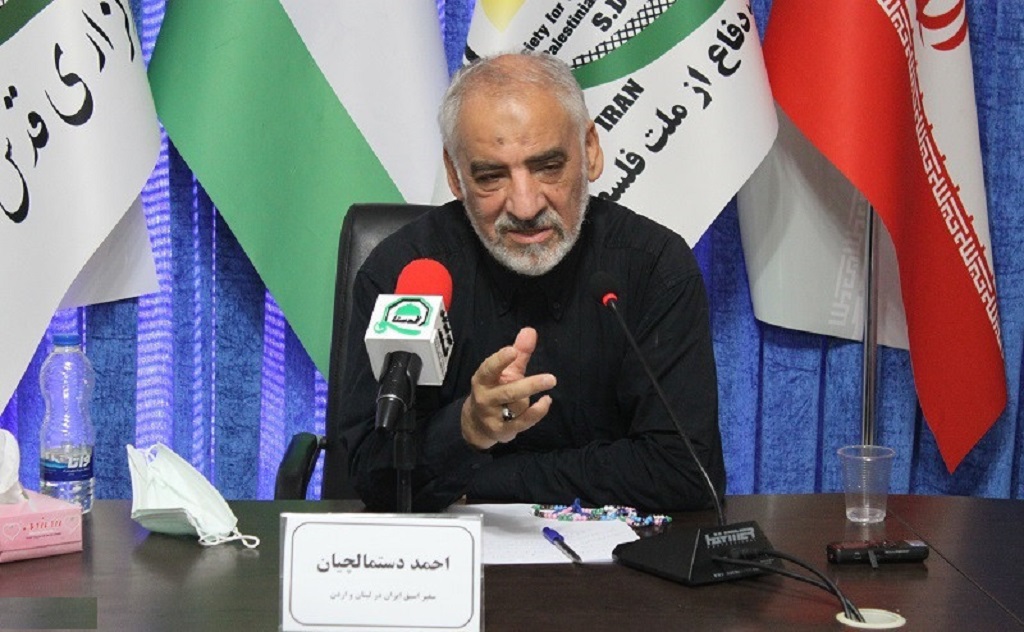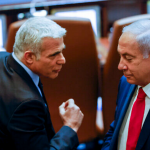The meeting on “The Impact of the Iran-Lebanon Oil Deal on Regional Equations and the Challenges of the Zionist Regime” was held on Monday, in the presence of Ahmad Dastmalchian, former Ambassador of the Islamic Republic of Iran to Lebanon. The meeting was broadcast virtually on the Ghebleye_aval2 Instagram channel.
Faraan: Dastmalchian emphasized at the beginning of the meeting: “To analyze today’s topic, we must conduct a deep review in history.”
“In my opinion, the most important thing to consider is the profound changes that have taken place in the region. The beginning of this change was the 33-day war and the great victory of the resistance against the Zionist regime, which was the beginning of fundamental and profound changes in the region,” he said.
“In this war, the Zionist regime felt the bitter taste of defeat, and from then on, the region changed and took on a different front and situation, because the balance of power had changed in favor of action,” Dastmalchian added.
“Seyed Hassan Nasrallah, the secretary-general of Hezbollah in Lebanon, did two or three special steps in this war; the first was to inflict a severe defeat on the Zionist regime on the ground and in the air. The Zionist regime’s troops were captured like mosquitoes against the resistance and were easily hunted by the resistance fighters. Until then, the Zionist regime had claimed that no missiles had been fired into its territory, but with the initiative and will of the Lebanese resistance, this happened and heavy missile attacks were carried out on the occupied territories,” the Iranian expert further explained.
Dastmalchian also said that: “This was despite the advanced missile defense systems of the Zionist regime that is used at that time. There has been a balance between the Zionist regime and the axis of resistance since 2000, but this balance has been broken since 2006 and resistance has dominated the arena. After losing the direct military war, Zionists tried to weaken the resistance by the strategy of proxy wars, but they failed, and the strength of the resistance enhanced.”
Referring to the result of these defeats, he highlighted that “in the end, after heavy defeats in proxy wars, they used the weapon of sanctions. A weapon to break the will of the people who supported the resistance, as well as a weapon designed to separate the people from the resistance. They sought to tarnish the image of the resistance. Of course, the main goal of the sanctions weapon is to defeat the will of the people so that the will to support the resistance will fail.”
“Now the best thing that can be done is to neutralize this combined weapon, especially given the experience that Iran has gained in circumventing sanctions. Iran was able to neutralize the sanctions weapon with the resistance of the people and solutions such as resistance economy, reliance on internal power, etc., and the same can be done in Lebanon,” he said.










